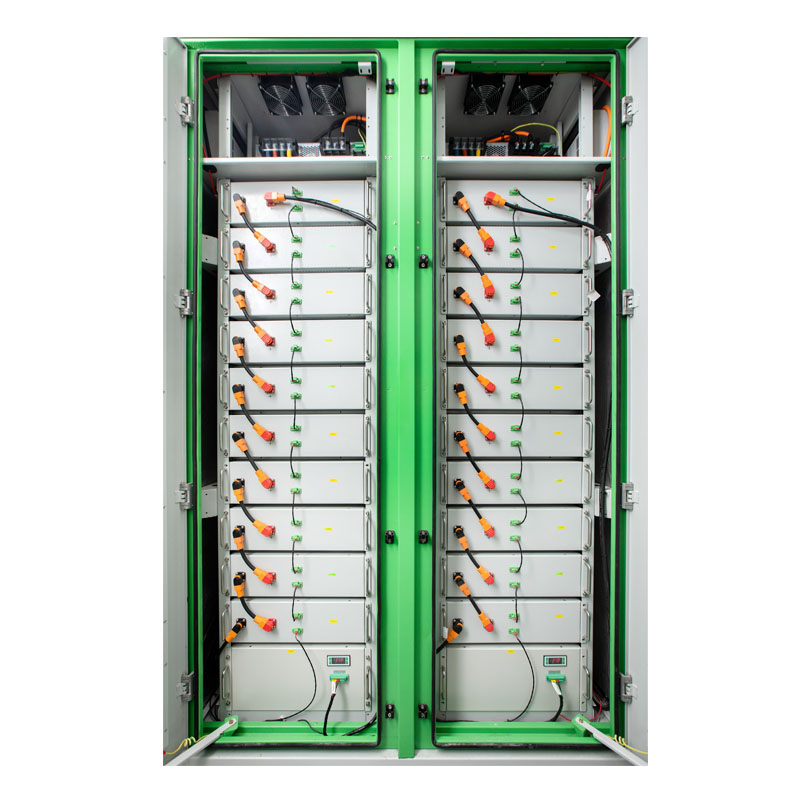
Dec . 04, 2024 09:33 Back to list
grid side companies
The Role and Importance of Grid Side Companies in Modern Energy Solutions
In the evolving landscape of energy generation and distribution, grid side companies have emerged as crucial players. These organizations operate at the intersection of generation, transmission, and consumption, providing essential services that ensure the reliability, efficiency, and sustainability of energy systems. As the world increasingly shifts toward renewable energy sources and seeks to improve grid resilience, understanding the role of grid side companies becomes paramount.
Definition and Function
Grid side companies are typically involved in the management and operation of the electricity grid. They encompass a variety of entities, including transmission system operators (TSOs), distribution system operators (DSOs), and technology providers specializing in grid management solutions. Their primary role is to maintain a stable and efficient electricity supply, balancing the supply and demand of electricity in real time.
With the growing complexity of energy systems, grid side companies facilitate the integration of diverse energy sources. They adopt advanced technologies such as smart grids, energy storage systems, and demand response mechanisms to optimize the electricity flow and enhance system reliability. These innovations allow for a more adaptable grid that can accommodate fluctuations in energy supply from renewable sources like wind and solar.
Driving the Transition to Renewable Energy
Grid side companies are instrumental in supporting the transition to renewable energy. As societies strive to reduce their carbon footprint, integrating renewable energy into existing grids presents a substantial challenge. Grid side companies help address this by improving grid flexibility and ensuring that energy can be effectively harnessed from various renewable technologies.
For instance, during periods of high solar generation, grid side companies can implement strategies to prevent overloads and effectively distribute excess energy. Conversely, during times of low renewable output, these companies can manage and dispatch alternative generation sources or employ energy storage systems to maintain supply stability.
Moreover, grid side companies play a vital role in managing peak demand through demand response programs. By incentivizing consumers to adjust their energy usage during high demand periods, they can mitigate stress on the grid and reduce the need for additional fossil fuel-based power plants, further supporting climate goals.
grid side companies

Enhancing Grid Resilience
Another critical function of grid side companies is enhancing the resilience of electrical grids. As climate change leads to more frequent and severe weather events, the susceptibility of energy infrastructure to disruptions increases. Grid side companies employ a variety of strategies to bolster resilience, including upgrading infrastructure, incorporating grid automation technologies, and employing geographical information systems (GIS) for better situational awareness.
These companies also focus on cybersecurity, ensuring that the grid is protected against potential threats and vulnerabilities. In a world where digital infrastructure is as significant as physical infrastructure, grid side companies must continuously evolve to mitigate risks and protect the integrity of energy systems.
Economic Implications
The operations of grid side companies have significant economic implications as well. By investing in smart grid technologies and infrastructure improvements, they can contribute to job creation and economic growth. Additionally, the transition to an integrated, renewable-based grid has the potential to reduce energy costs for consumers over the long term as reliance on fossil fuels diminishes and technological efficiencies improve.
Moreover, grid side companies must adapt to new regulatory frameworks and market structures that encourage the integration of distributed energy resources (DERs) and enhance competitive markets. Navigating these changes is essential for them to thrive in the future energy landscape.
Conclusion
In conclusion, grid side companies play a pivotal role in modern energy systems. By enhancing grid efficiency, supporting the transition to renewable energy, bolstering resilience, and driving economic growth, these entities are essential to creating a sustainable and reliable energy future. As the global energy landscape continues to evolve, the importance of innovative grid side companies will only increase, highlighting their vital contribution to addressing the challenges of the 21st century. With a focus on collaboration and innovation, these companies will lead the way toward a cleaner, more sustainable energy system.
-
AI-Powered EMS with GPT-4-Turbo | Efficiency Boost
NewsAug.01,2025
-
Optimized Storage System for GPT-4-Turbo | High Performance
NewsJul.31,2025
-
AI Energy Management System w/ GPT-4 Turbo Efficiency
NewsJul.31,2025
-
High-Performance Energy Storage System for Reliable Power Solutions
NewsJul.30,2025
-
Advanced EMS Solutions for Energy Management System & Storage Battery Companies
NewsJul.29,2025
-
Intelligent Energy Management for Homes - Efficient Storage Solutions
NewsJul.29,2025























